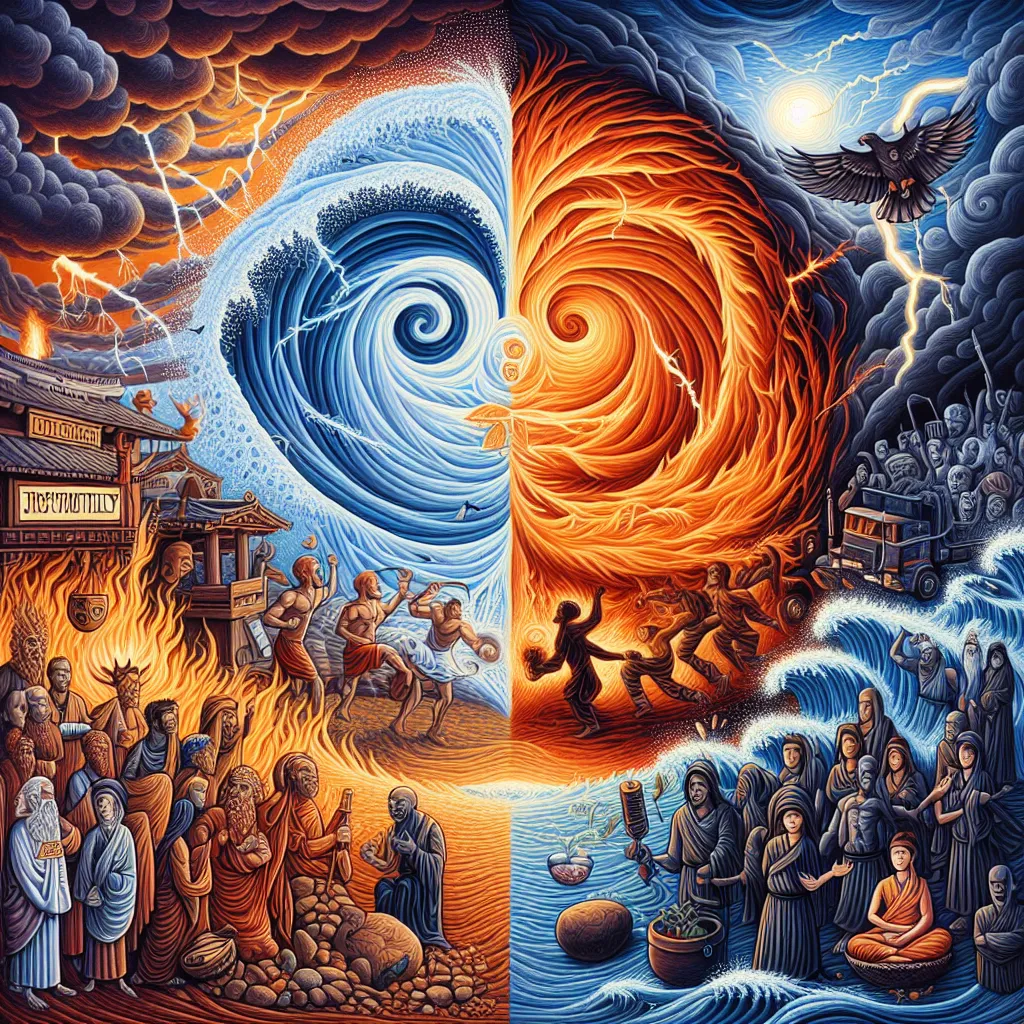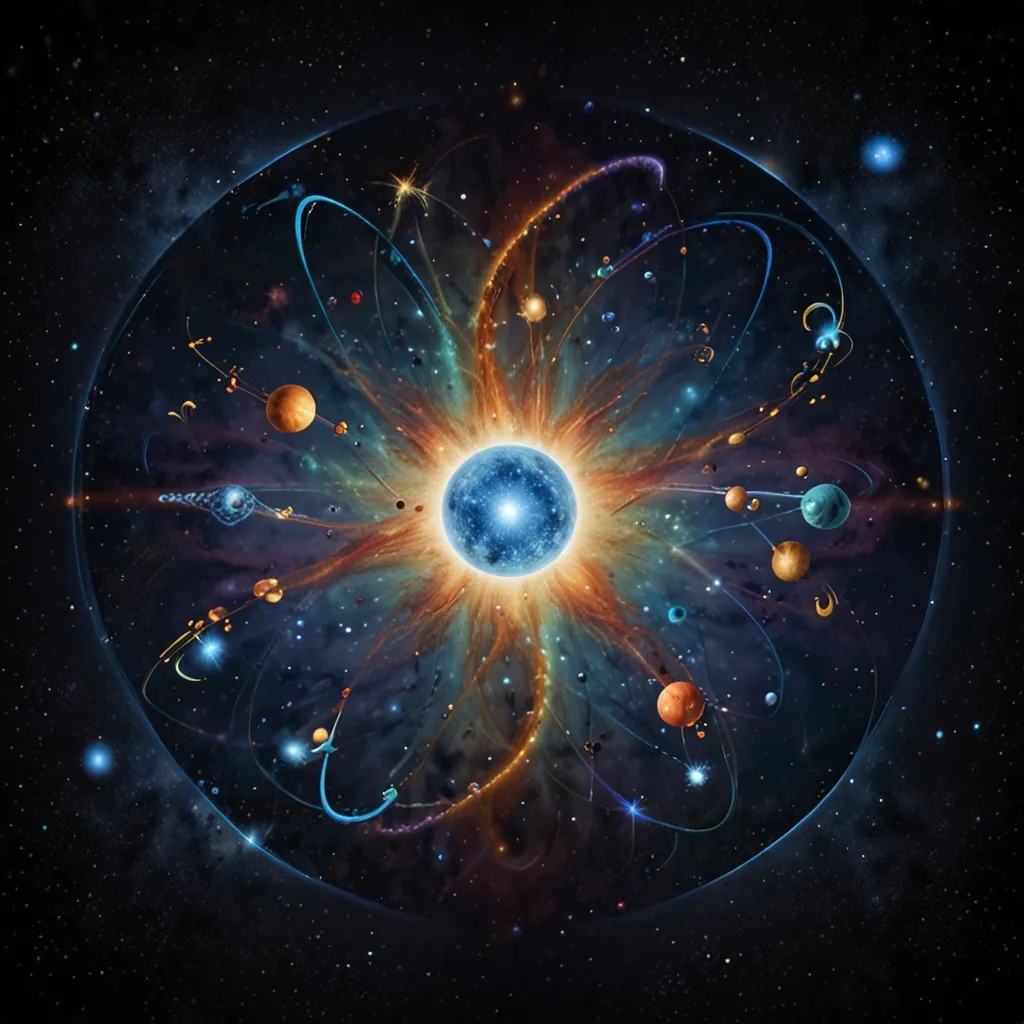Anger is one tricky emotion. Sometimes it feels justified, like when someone cuts you off in traffic, while other times it flares up uncontrollably. So, is it ever right to be angry? And if it is, when?
Aristotle gave us a good starting point with his idea of “the doctrine of the mean.” He suggested there’s an ideal balance for our emotions and actions, and it’s on us to figure out when and how strongly to feel something. Imagine you have an early meeting and your neighbor starts blasting music. Your anger in this situation is understandable. But Aristotle would ask more – have you talked to the neighbor before? Is it a reasonable time for loud music? Are they being spiteful or just having fun? Using practical wisdom, Aristotle’s approach helps us handle personal conflicts better.
But what if there’s no one to blame for your anger? Picture a tornado wrecking your home but leaving your neighbor’s house untouched. Here, anger can’t change anything. Stoics saw life as an uncontrollable cart that we can either roll with or get hurt fighting against. To them, anger is always wrong since it only causes pain and achieves nothing.
Buddhist philosopher Śāntideva also critiqued anger, noting that people often can’t control their emotions. He argued that we shouldn’t let others’ anger affect us. However, Philosopher PF Strawson offered a different perspective. He believed anger is part of human psychology and helps us communicate blame and hold others accountable. This makes anger useful in showing when something immoral is happening.
But even Strawson admitted finding the right reaction is tough. For instance, supervising rude kids might make you angry, but treating them like adults wouldn’t be fair. So, when should we act on anger?
Consider a community hurt by a factory polluting their water. Political philosophy often sees righteous anger as essential for driving change and motivating action. In such cases, suppressing anger can be a moral mistake; channeling it into positive action can make a difference.
Yet, other philosophers caution that anger’s negative side can limit its ability to bring change. Martha Nussbaum highlighted that civil rights leaders like Gandhi, Mandela, and Martin Luther King Jr. warned against letting even righteous anger turn into bitterness or hate. They suggested we should balance our emotions to see others as community members, not enemies, helping us coexist better.
Navigating anger’s moral maze means finding that balance between justified and harmful reactions. It’s all about deciding when to let anger fuel positive change and when to let it go.






